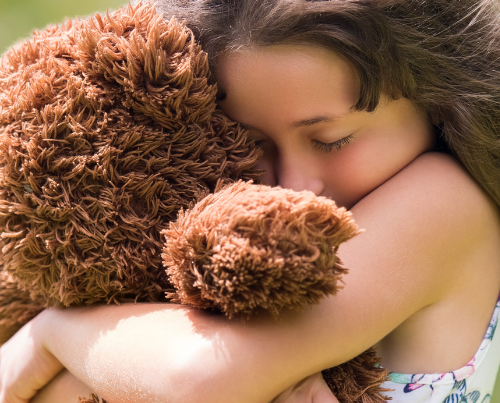For years, discussions of domestic violence centered on the flawed concept that women were the victims and men were the abusers. Of course, we’ve since learned that it’s not that simple. You’ll find abusers and victims among both genders. But what we’ve learned that’s even more important is the role men can play in preventing domestic violence by becoming role models for their families and communities, and by encouraging their children and their peers to maintain healthy relationships.
Children benefit from having loving fathers who play active roles in their lives. Yale School of Medicine child psychiatrist and clinical professor Dr. Kyle Pruett has found that kids who don’t have attentive fathers are three times more likely to wind up in the juvenile justice system. Kids whose fathers are present and involved do better in school and are also more likely to delay sexual behavior. Why? Through their relationships with their fathers, those kids feel they have value and don’t have to reach out to others for love.
Pruett also notes that fathers and mothers use different disciplinary approaches. While mothers rely on social and emotional consequences, fathers tend to emphasize how bad behavior may affect the child’s future. The differing approaches broaden the child’s outlook and help him or her resolve issues. That helps the kids better handle frustration and solve problems on their own.
One thing Pruett says really stands out to us: “When you’ve been nurtured by men, you don’t think it’s only mothers who can nurture.” In other words, kids who have had healthy influences from both parents are less likely to assign specific traits to genders. They’re more empathetic to people who are different. The simple fact is that fathers and mothers (or father and mother figures) are both important to the development of healthy young people.
Psychologists and other social scientists have learned much about adolescent development in recent years, and one of the most important realizations is that growing into a healthy adult doesn’t depend on one factor or another. It involves many factors. In fact, Search Institute identified 40 specific factors it calls Developmental Assets. The more of these Developmental Assets young people have in their lives, the greater their chance of growing into emotionally healthy, self-sufficient adults.
As Sheltering Wings works with young people, both those who live under our roof and those we educate in the surrounding community, we’re basing more of our efforts on helping young people develop those Assets … and on ensuring that the broader community supports that development.
It’s important for everyone in the community to work toward the development and well-being of our young people. The more adults who model healthy relationship behaviors, the more likely young people will develop and sustain their own healthy relationships. But more than ever, it’s especially important that men step up and play a role.






